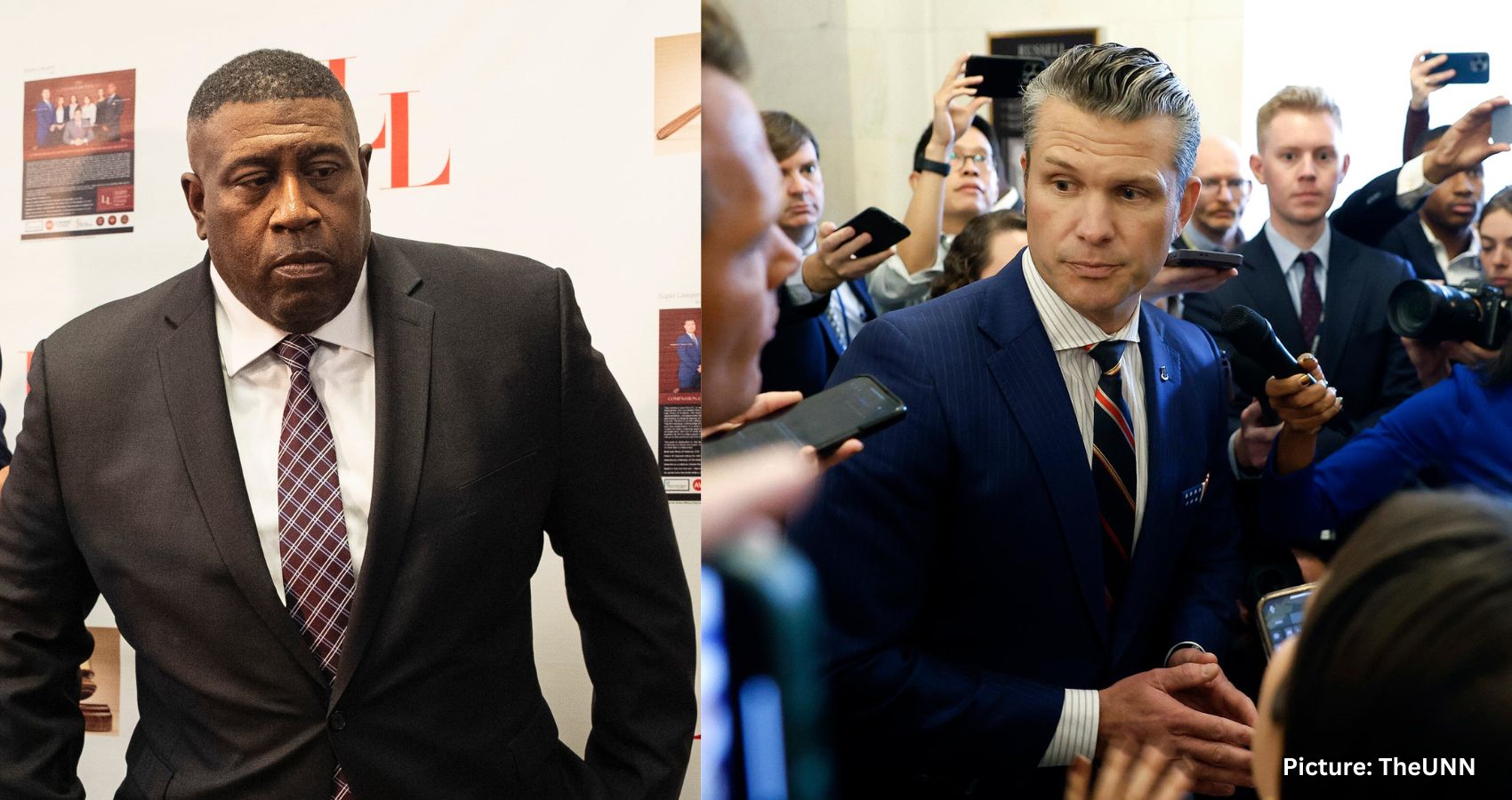A formal complaint against TiE New York’s president alleges misconduct, including threats and financial irregularities, raising concerns about governance at one of the world’s leading entrepreneurship networks.
A complaint filed by a charter member has brought serious allegations against the leadership of TiE New York, one of the largest chapters of the global nonprofit network The Indus Entrepreneurs (TiE). The organization, which was founded in 1992 in Silicon Valley, has expanded to include 61 chapters across 14 countries and boasts over 15,000 members worldwide.
The formal complaint, submitted on October 1, 2025, by Kesav Dama, a longtime charter member, outlines a troubling pattern of misconduct, governance failures, and financial irregularities under the leadership of current president Jignesh Patel. The 12-page letter, which has been shared with TiE Global leadership, details allegations of threats, conflicts of interest, and questions regarding the distribution of power within the organization.
Disclosure: Dama is a contributing writer to The American Bazaar but declined to comment for this article. Patel also did not provide a comment during a phone call.
The most alarming allegations focus on Patel’s conduct towards Dama and other members. The complaint includes screenshots of text messages that purportedly show Patel issuing explicit threats to damage Dama’s professional relationships within TiE’s network. One message, dated April 2, 2025, reportedly states: “I can call Ashish and shut down anything you have going on with him. Same goes for Ranu.” The identities of Ashish and Ranu could not be confirmed by The American Bazaar.
The complaint asserts that these threats escalated beyond messages, leading to phone calls and public confrontations at TiE events. Dama argues that such behavior represents a fundamental betrayal of the organization’s values, which are rooted in collaboration and mutual support. When confronted about the threats, TiE board member Dharti Desai allegedly informed Dama that Patel had no authority to invoke her name in such threats, raising further questions about the legitimacy of the leadership’s actions.
In addition to personal disputes, the complaint alleges a troubling pattern of conflating TiE business with personal interests. Dama claims that Patel has used his position to seek personal favors, including job placements for associates, real estate advice, and investor introductions for his own startup, Thimble. Notably, both Patel and former TiE New York president Manjusha Tipre reportedly invested in Thimble, while Desai, a former board member, allegedly promoted investment opportunities in the startup while serving on the committee that reviews new member applications.
The complaint warns that the appearance of investing in a startup could lead to influence or leadership positions, potentially undermining TiE’s integrity. The membership vetting process has also come under scrutiny. Dama cites the case of a charter member nominee whose application was rejected due to a tax-related misdemeanor, while others with more serious legal histories have been allowed to hold leadership positions within the chapter.
Concerns about financial transparency are another focal point of the complaint. It highlights two specific incidents, including the chapter’s flagship fundraising event, which reportedly cost $150,000 to stage but resulted in a $40,000 loss. The complaint questions whether such extravagant spending truly supports the chapter’s mission of aiding entrepreneurs or primarily serves to enhance the profiles of its leaders.
Initially, the chapter’s 2024 financial report indicated a modest surplus. However, the complaint alleges that this surplus was achieved through questionable accounting practices, specifically by recording $20,000 in “accounts receivable” from sponsorships that had not materialized. Dama has called for an independent financial review to ensure compliance with nonprofit standards.
Moreover, the complaint notes that TiE Global requires members to join the chapter where they reside, yet TiE New York has accepted members from New Jersey and even Phoenix. This practice, according to the complaint, dilutes the influence of actual New York residents and has led to the cancellation of a planned event at Queens College due to its inconvenience for New Jersey members.
The election structure within TiE New York is also criticized. Currently, only board members can elect the chapter president, and only committee members can serve on the board. This arrangement, the complaint argues, creates a self-perpetuating leadership class that is insulated from the broader membership.
The complaint outlines several demands, including the voluntary resignation of Patel or his removal through a board vote, the appointment of an interim president, barring individuals pitching investments from serving on membership committees, enforcing residency requirements, conducting an independent financial review, and reforming election procedures to include all members.
Additionally, the letter includes a legal warning: under New York law, nonprofit board members can be held personally liable for officers’ misconduct if they are aware of wrongdoing and fail to take action.
This unfolding situation at TiE New York raises significant questions about governance and accountability within one of the world’s leading entrepreneurship networks.
Source: Original article

